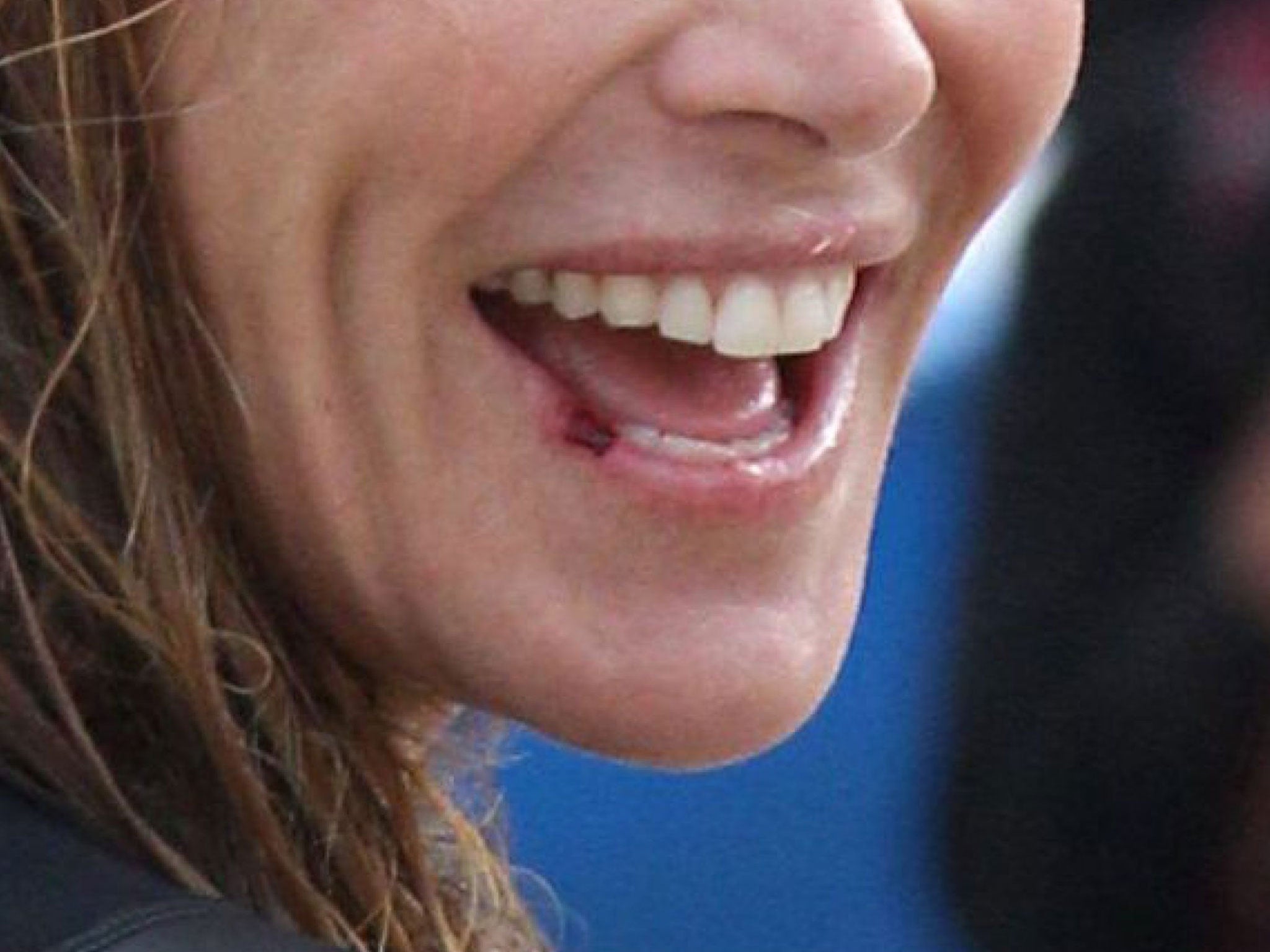Your support helps us to tell the story
From reproductive rights to climate change to Big Tech, The Independent is on the ground when the story is developing. Whether it's investigating the financials of Elon Musk's pro-Trump PAC or producing our latest documentary, 'The A Word', which shines a light on the American women fighting for reproductive rights, we know how important it is to parse out the facts from the messaging.
At such a critical moment in US history, we need reporters on the ground. Your donation allows us to keep sending journalists to speak to both sides of the story.
The Independent is trusted by Americans across the entire political spectrum. And unlike many other quality news outlets, we choose not to lock Americans out of our reporting and analysis with paywalls. We believe quality journalism should be available to everyone, paid for by those who can afford it.
Your support makes all the difference.Two-thirds of the world's population under 50 have the highly infectious herpes virus that causes cold sores around the mouth, the World Health Organization said on Wednesday, in its first estimate of global prevalence of the disease.
More than 3.7 billion people under the age of 50 suffer from the herpes simplex virus type 1 (HSV-1), usually after catching it in childhood, according to the WHO study.
That is in addition to 417 million people in the 17-49 age range who have the other form of the disease, HSV-2, which causes genital herpes.
HSV-1 normally causes mouth ulcers rather than genital infection, but it is becoming an increasing cause of genital infection too, mainly in rich countries.
That is because improved hygiene in rich countries is lowering HSV-1 infection rates in childhood, leaving young people more at risk of catching it via oral sex when they become sexually active.
HSV-2 can increase the risk of catching and spreading HIV, the disease that causes AIDS. Little is known about any link between HSV-1 and HIV/AIDS, although it can lead to other serious complications such as encephalitis.
“We really need to accelerate the development of vaccines against herpes simplex virus, and if a vaccine designed to prevent HSV-2 infection also prevented HSV-1, it would have far reaching benefits,” said Sami Gottlieb, a WHO medical officer.
Nathalie Broutet, also a WHO medical officer, said the US National Institutes of Health and companies including GlaxoSmithKline Plc were involved in trials to determine whether a therapeutic or preventative vaccine was preferable.
Gottlieb said GSK had previously abandoned a vaccine trial after finding the product was not effective against HSV-2, although it did show some efficacy against HSV-1.
“That was interesting and promising and gave a proof of concept that these vaccines can be developed. There's a lot of work ongoing and we're hopeful that we'll have an HSV vaccine in the future,” she said.
Several phase-1 and phase-2 trials were underway, she said. Genocea Biosciences Inc recently dropped work on a pneumonia vaccine in favour of its more promising work on genital herpes.
Reuters

Join our commenting forum
Join thought-provoking conversations, follow other Independent readers and see their replies
Comments